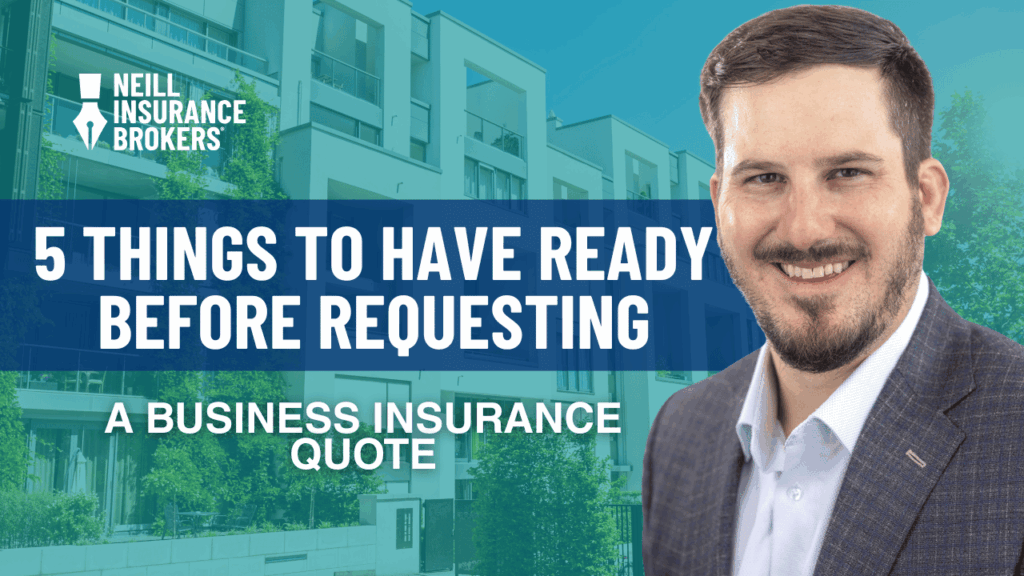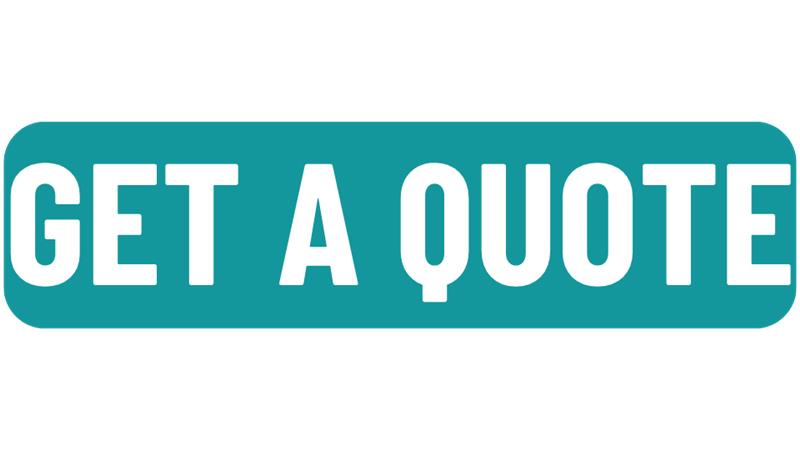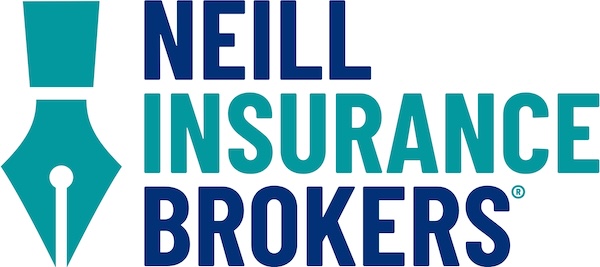
Have you ever reached out to an insurance agent only to realize you didn’t have the right information on hand?
Do you want to avoid delays, back-and-forth emails, or missed savings when requesting business insurance quotes?
Getting a business insurance quote shouldn’t feel like chasing paperwork or answering the same questions repeatedly. But many small business owners enter the process unprepared, leading to slower quotes, incomplete coverage comparisons, or even denied applications.
In this article, you’ll learn exactly what you need to gather before requesting a business insurance quote. We’ll cover the five essential categories of information that make quoting faster, easier, and more accurate. Here’s what we’ll break down:
- Identification and business structure documents
- Current insurance and claims history
- Details about your property, assets, and vehicles
- Financial and operational data
- Your specific coverage goals and risk priorities
1. Identification and Business Structure Documents
Before an insurance agent can build an accurate quote, they’ll need key details about your business and ownership structure.
Gather these items in advance:
- Full legal names, birthdates, and Social Security numbers for owners, partners, and officers
- Your Federal Employer Identification Number (EIN)
- Business structure: LLC, S-Corp, C-Corp, sole proprietorship, etc.
- Required industry licenses or certifications
- An organizational chart (especially helpful if you have multiple stakeholders or departments)
Pro tip: Create a secure digital folder for these documents so you can easily share them when needed.
2. Current Insurance Policies and Claims History
Your current insurance details and claims history help agents provide clear comparisons and ensure you avoid coverage gaps.
Be prepared to share:
- Declarations pages from all active commercial insurance policies
- Loss run reports from the last 3–5 years
- A record of past insurance carriers and policy periods
- Claim summaries, including:
- Incident dates
- Claim types (e.g., property damage, liability)
- Fault determination
- Amounts paid
- Status (open or closed)
Important: If you’ve had any lapses in coverage, be upfront about them. Full transparency leads to more accurate quotes.
3. Asset, Property, and Vehicle Details
Insurers need a clear picture of what you’re protecting. This includes buildings, equipment, vehicles, and other physical assets.
Gather these details:
- Building or office info: address, construction type, square footage, year built, safety features
- Business equipment: purchase dates, model numbers, replacement values
- Vehicles: make, model, year, VIN, mileage, usage type
- Technology assets: servers, software, and data infrastructure
- Inventory records, especially if they vary seasonally
Having this data ready helps agents offer accurate, tailored coverage—and supports future claims if needed.
4. Financial and Operational Information
Insurers assess your financial health and day-to-day operations to determine risk levels and recommend coverage.
Prepare the following:
- Annual revenue figures for the current year and the past two to three years
- Payroll information, broken down by job classification
- Employee count and role descriptions
- A clear description of your core services and operating areas
- Any contractual or regulatory insurance requirements
If you’re planning significant changes—like expanding locations or adding new services—mention those as well. It could affect your coverage needs.
5. Your Coverage Goals and Risk Priorities
Understanding your own priorities helps you get the right coverage, not just the cheapest policy.
Consider these questions:
- What risks worry you most? (e.g., property damage, lawsuits, cyber attacks)
- Do you prefer basic coverage or comprehensive protection?
- What deductible level is manageable for your budget?
- Are you required by contracts or laws to carry specific types of insurance?
Being clear about your goals leads to more strategic conversations with your agent.
Conclusion: Preparation Leads to Protection
At the end of the day, most business owners just want insurance that protects them without unnecessary headaches. But if you start the quoting process without the right information, you risk delays, missed coverage options, or costly mistakes.
Now that you know exactly what to gather—identification documents, insurance history, asset details, financial data, and coverage priorities—you’re ready to approach insurance quotes confidently and efficiently.
This preparation not only helps you get better, faster quotes but also ensures your business stays protected long-term.
Your next step? Use this checklist to get your documents organized, so you’re ready when it’s time to request a quote.

